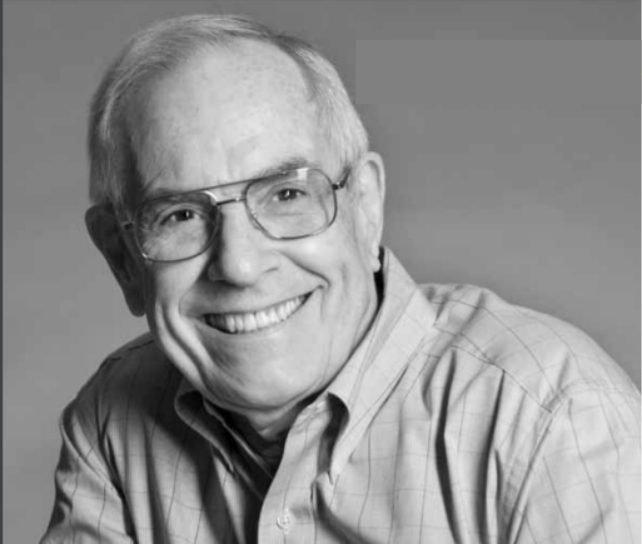
Richard Colvin became a staff radiologist at Emory University Hospital in July 1966 after completing undergraduate and medical school as well as radiology residency training at Emory. During his 30-year career with Emory, Dr. Colvin was best known as a teaching and resident training innovator. As director of the Radiology Residency Training Program for 13 years, he led numerous initiatives advancing resident training methods and processes, including implementing a more formal system for evaluating resident progress, and launching the Resident Match Program. He also helped with the merger of the Emory Hospital and Grady Hospital training programs.
“Teaching residents or medical students at the viewbox was always my preferred method of teaching, as well as a favorite among my daily activities and duties,” Dr. Colvin explained.
Dr. Colvin also played an active role in advancing the training of medical imaging students both at Emory and nationally. He first began leading interactive film critique sessions for both Emory staff technologists and medical imaging students. Keenly interested in improving both technologist training and the relationships between radiologists and technologists, Dr. Colvin attended and presented at the American Society of Radiologic Technologists (ASRT) and the Georgia Society of Radiologic Technologists (GSRT) annual meetings, using personal funds and vacation time to do so. He went on to hold leadership positions with the American Registry of Radiologic Technologists (ARRT). Dr. Colvin was the last chair of the Committee on Allied Health Education Accreditation (CAHEA) and served on the committee that formed its successor, the Commission on Accreditation of Allied Health Education Programs (CAAHEP).
He additionally served for 15 years on the American College of Radiology (ACR) Commission on Human Resources and was vice chair for several terms; and held leadership positions for the Georgia Radiological Society, the Georgia Chapter of the American College of Radiology (Secretary, Councilor to the ACR, and was a site reviewer for the Joint Review Committee on Education in Radiologic Technology (JRCERT).

